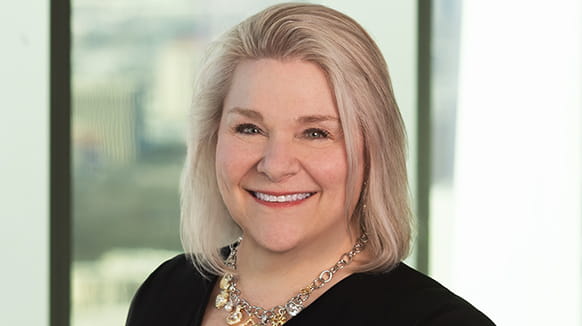On June 7, 2016, the Securities and Exchange Commission ("SEC") announced rare non-prosecution agreements ("NPAs") in Foreign Corrupt Practices Act ("FCPA") cases against two separate companies. In the SEC’s announcement, enforcement director Andrew Ceresney highlighted the companies’ cooperation, including self-reporting and “laying all their cards on the table,” which saved the government substantial time and resources. On the same day, the Department of Justice ("DOJ") declined prosecution against both companies in the first declinations under the DOJ’s FCPA Pilot Program—which took effect on April 5, 2016. The two companies, Massachusetts-based Akamai Technologies, Inc., an internet capacity and services company, and Rhode Island-based Nortek, Inc., a residential and commercial construction and remodeling products manufacturer, each agreed to forfeit profits related to bribes the companies’ foreign subsidiaries paid to Chinese officials.
The SEC’s “Cooperation Initiative” Program, announced January 13, 2010, aims to use NPAs to encourage companies to timely self-disclose, cooperate fully with the SEC’s investigation, and undertake significant remedial measures. See our coverage of the SEC Cooperation Program here. However, since the program’s inception, the agency had entered into only one other FCPA-related NPA previously.
According to the NPAs, from at least 2012 through 2015, Akamai’s foreign subsidiary, Akamai (Beijing) Technologies, Co. Ltd., allegedly gave around $197,000 in improper payments, gifts, meals, and entertainment to Chinese officials to induce state-owned entities to “purchase up to 100 times more network capacity” than the entities actually needed. Similarly, Nortek’s foreign subsidiary, Linear Electronic (Shenzhen) Co. Ltd., made roughly $290,000 in improper payments and gifts to Chinese officials “in order to receive preferential treatment, relaxed regulatory oversight, and/or reduced custom duties, taxes, and fees.” Both companies allegedly also had books and records and internal controls deficiencies evidenced in the improper payments to the Chinese officials.
The SEC noted that, after discovering the misconduct and conducting thorough internal investigations, both companies immediately self-reported the wrongdoing to the SEC, tightened internal anti-corruption and audit controls worldwide, and implemented remedial measures, including terminating employees and executives involved in each instance. Moreover, the companies cooperated extensively with the government’s investigations by, among other things: providing timely updates when new information was uncovered; making witnesses available for interviews, including those in China; and translating documents from Chinese to English. As a result, the SEC declined to impose any civil penalties against either company. In the NPAs, however, Akamai Technologies, Inc. agreed to pay approximately $672,000 in disgorgement and interest, and Nortek, Inc. agreed to pay approximately $322,000 in disgorgement and interest.
Although it is questionable whether the actions of these subsidiaries would support criminal charges against their parent–issuers, the DOJ — in its first ever declinations under the DOJ’s FCPA Pilot Program — issued a letter terminating the department’s inquiry into both matters without pressing charges. See our coverage of the DOJ FCPA Pilot Program here.
Neither of the cooperation programs at the SEC and DOJ specifies the nature or extent of benefits that a company will receive, and companies will still have to take on faith that their cooperation will be viewed as significant and worthy of lesser sanctions. But the resolutions with Akamai and Nortek illustrate the potential cooperation credit and mitigation that may be available to companies when they timely self-disclose violations, cooperate fully with the government investigation, undertake comprehensive internal investigations, and implement appropriate remediation.
For additional information, please contact one of the Haynes and Boone lawyers listed below.



